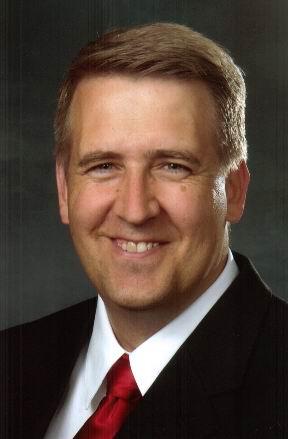Empowering Agents?
So, as a manager, how do you prevent situations like this that was reported recently in the Chicago Tribune?
6 months of free cable TV won't erase insult's sting
By Scott Goldstein
Tribune staff reporter
Published September 1, 2005
Although she doesn't mind talking about the problems that made her a poster child for poor customer relations, LaChania Govan admits the media attention has come with a price.
The 25-year-old mother of two from Elgin went public last month when she received a Comcast cable bill addressed to "Bitch Dog" after she had complained for weeks about service problems.
Since then, she has appeared on MSNBC's "Countdown with Keith Olbermann." Her story has been told in newspapers around the country, and legions of Internet message boards and blogs have taken up her cause.
A consumer group plans to give her an award next month in Washington.
One person even saw a business opportunity and is selling a T-shirt online that reads: "Be a . . . Comcast Bitch Dog . . . Get Dish!"
Govan said she is torn by all the attention. As a customer-service representative for a credit-card company, she said it's important to speak out about the issue with the hope that service in general might improve.
But she also said she doesn't like being linked to such an unpleasant name. She can't hide from it, she said--not even at her church, her son's elementary school or her workplace.
"It's not so much the issue, it's the name associated with it," Govan said. "There has not been one day since that happened that somebody has not addressed me" in the same way her bill was addressed.
Initially, Comcast offered Govan four months of free service to make amends, an offer it has since increased to six months, she said.
That came last week when Govan said she spoke with Mark Coffman, Comcast Chicago region vice president for customer care. He left her a voicemail message shortly after the Tribune first reported her story Aug. 17.
Six months of free cable doesn't cut it, Govan said.
"This is something that is going to follow me for the rest of my life," she said.
Still, she says it has generated goodwill and some odd perks. Her local gas station, for example, gave her a free fill-up.
Comcast spokeswoman Angie Amores restated the company's apology: "We've expressed our sincerest apologies to Miss Govan, and we continue to be appalled by the way she was treated."
The company fired two customer-service employees the day the story was published. At the call center where the offense occurred, only supervisors or higher-ranking employees are now allowed to change customer names on bills, Amores said.
Consumers for Cable Choice, an Indianapolis group that advocates competition in the cable market, plans to fly Govan to Washington in September for a previously scheduled conference, where they will honor her.
"We believe that her story is symptomatic of the environment, and the environment is one in which without competition . . . customer service generally fails," said spokeswoman Cheryl Reed. "She will be given an award, sort of a consolation for her pain and suffering."
Meanwhile, those familiar with the customer-service profession say it is not surprising Govan's story resonated with so many people.
"There is a coarsening of society in general," said Timothy Keiningham, a customer-loyalty consultant and author of several books on the topic. "She's probably gotten a lot of people to go, `I've experienced this or something similar.' And she just symbolizes the standard-bearer. And the fact that she didn't just roll over."
Current and former customer-service representatives said altering a customer's real name on a bill to something vulgar is inexcusable. But they said it also points to the often overlooked pressures of dealing with irate customers, particularly those emboldened by the impersonal exchange of a telephone conversation.
"You pretty much name it, and we have to deal with it," said Chris Munson, who works in customer service for Adelphia Cable in Burlington, Vt.
Munson, who has worked in customer service for about six years, said the venomous environment seeps into his and his colleagues' personal lives.
"When we come home, unfortunately our spouses have to deal with us," Munson said. "When we get home, we can't even speak. . . . My wife is at the point where she will only deal with really important things by e-mail so I won't flip out. And that's the way that a lot of people are right now."


